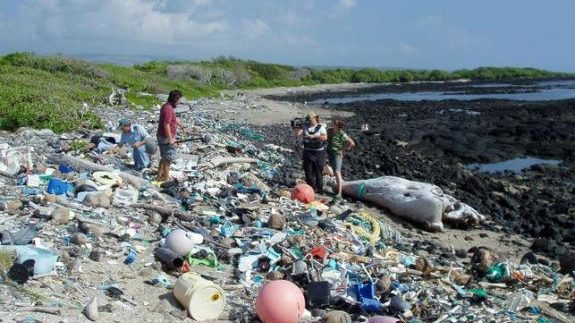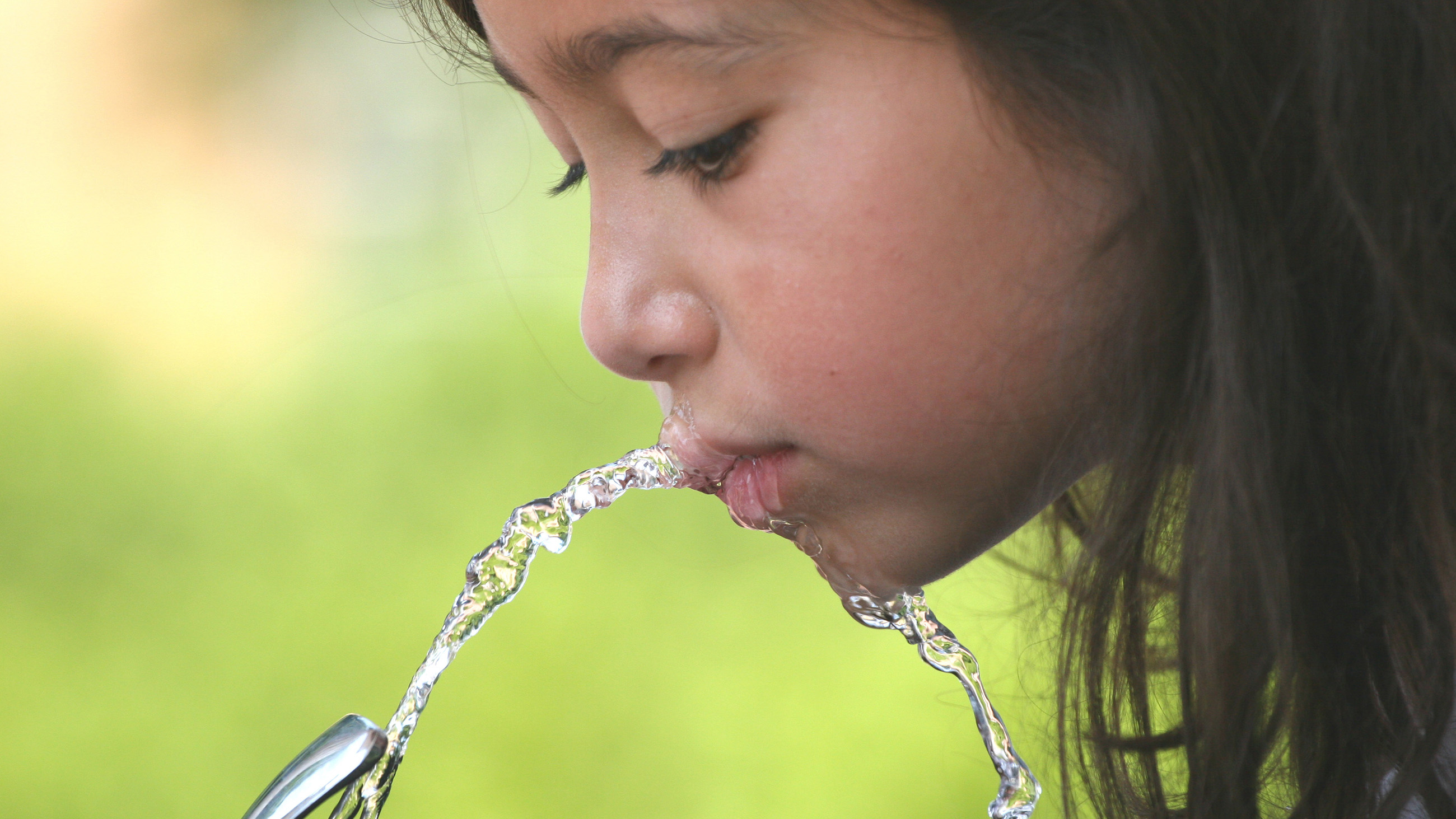Abstracts: Lead in Schools, Plastic on the Beach, and More
• For years, public schools in Portland, Oregon have used water filters that make water look and taste better, but don’t remove lead. (The Oregonian)

According to a new survey, Hawaii’s beaches are covered with 20,000 pieces of debris, 47 percent of which are plastic. (Visual by Algalita.org/Wikimedia Commons)
• In a “disturbing, if not entirely surprising discovery,” new research has found that Hawaii has a major plastics problem. An aerial survey identified 20,000 pieces of debris along the Hawaiian islands, 47 percent of which were plastic. (Chicago Tribune)
• A newly discovered form of the gene-editing tool CRISPR could be used to alter human RNA, rather than just DNA. (New York Times)
• Last month wasn’t the first time superbugs had been reported as appearing in the U.S., highlighting the complex world of microorganisms and mechanisms of antibiotic resistance. (FiveThirtyEight)
• For archeologists, much of what is known about Bronze Age Britain has come from burial sites. But the exploration of a settlement in the East of England is revealing a treasure trove of information. (New Yorker)
• Researchers have long known that the universe is expanding, but it may be doing it much faster than they thought. (Associated Press)
• A NASA experiment will allow researchers to track the shrinking of coral reefs from the air. (Wired)
• The water level of the River Seine in Paris finally dropped Saturday after reaching a 34-year high. (BBC News)
• And finally, a new proposal to develop a synthetic human genome is drawing criticism for not addressing major ethical questions. (MIT Tech Review)










